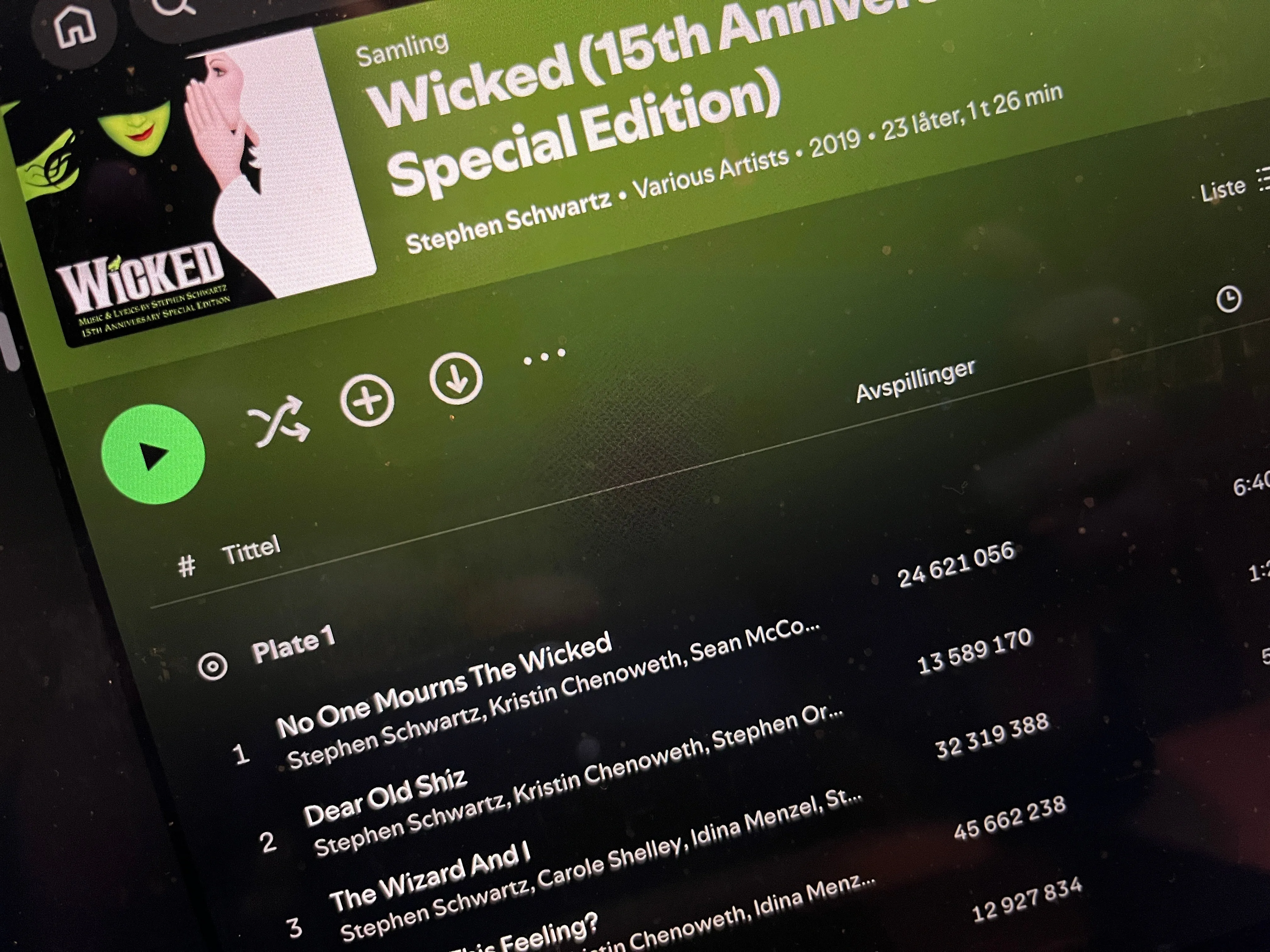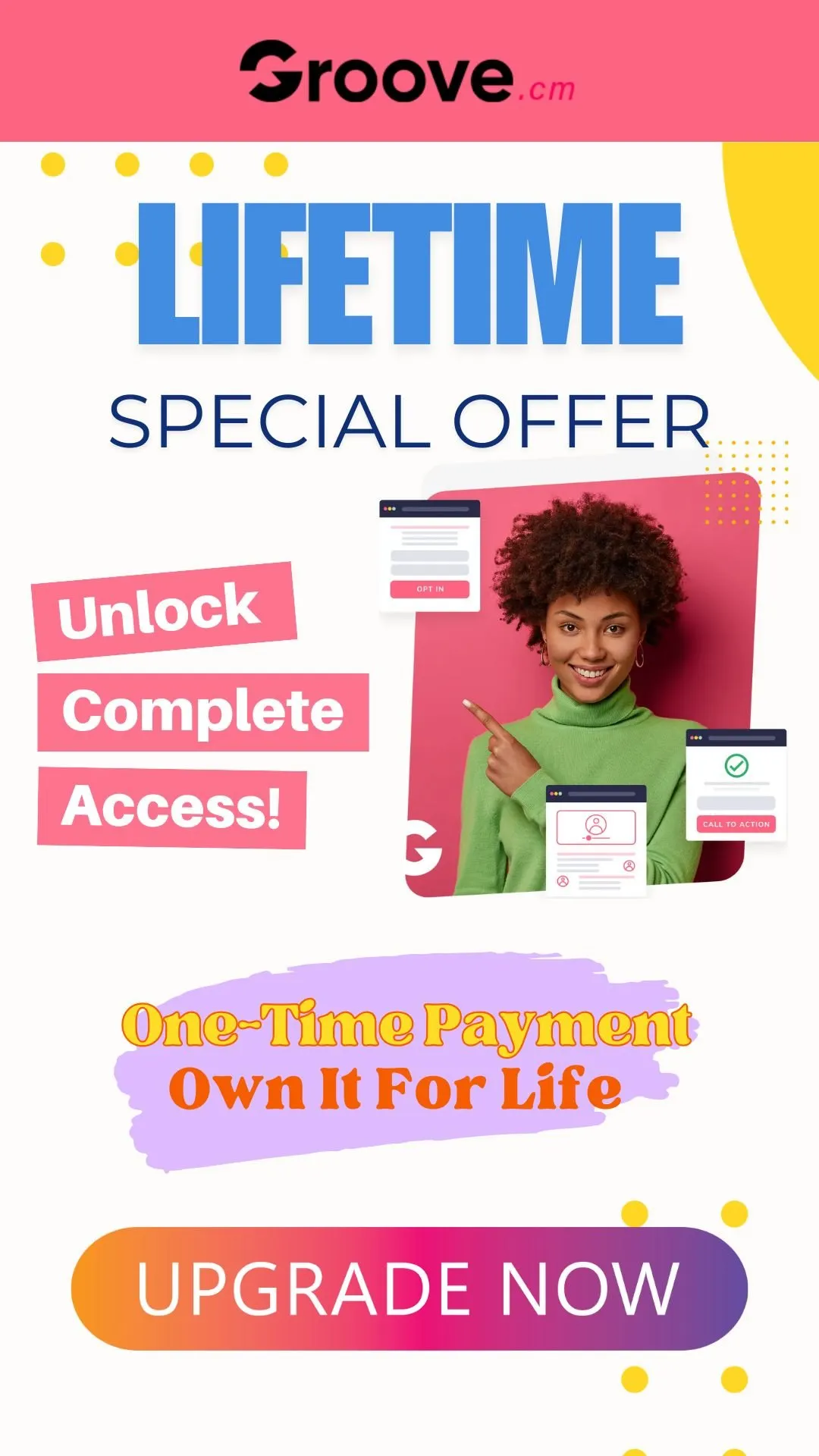A Step-by-Step Guide to Creating a Captivating EPK for Musicians

Most musicians think an EPK means cramming every achievement into a digital resume. You don't.
How to Create an EPK for Musicians
An Electronic Press Kit (EPK) is a digital portfolio that showcases your music to industry professionals.
Here's how to create one that actually gets opened:
- Write a short bio in third person that sounds like a movie trailer, not your autobiography
- Include 3-4 of your best songs that play in one click
- Add 5-6 professional photos
- Include 2-3 strong press quotes
- Make it mobile-friendly - 55% of emails are opened on phones
- Keep contact info current
- Update it regularly
Use platforms like Bandzoogle or Sonicbids, or create a page on your website. Skip PDFs, don't overload with info, and keep it fresh. Your EPK should answer: Who are you? What do you sound like? Why should they care?
You think you need a massive portfolio to impress industry people.
"I need to list every gig... every review... every streaming number..."
No, you don't.
The truth? Industry professionals don't want your life story. They want to understand who you are in 30 seconds. And the clearest, most focused EPKs get the most attention.
You don't need to showcase everything. You just need to showcase the right things that actually matter.
Why Your Current EPK Isn't Working
Here's what's probably happening: You're either sending a 10-page PDF that nobody opens, or you don't have an EPK at all because it feels overwhelming.
Both are career killers.
According to Apple Music for Artists , your EPK is "your professional resume and business card that makes it easy for music industry professionals to access and review your work."
But here's the kicker: Industry professionals review hundreds of potential acts every day . If yours isn't immediately clear and compelling, it's getting skipped.
The Simple 7-Step Formula
Here's the method that gets your EPK actually opened, read, and acted upon:
Step 1: Define Your Brand (Not Your Entire Life Story)
Most musicians think branding means explaining their whole journey.
Wrong.
Your brand is what makes you different in one sentence. That's it.
What You Need:
- One clear sentence about your sound
- One clear sentence about what you're currently doing
- One clear sentence about where you're headed
Pirate.com nails it: "Creating great music is only one aspect of what gets people excited about artists. You need to put together a wider package that tells your story and creates an image which aligns with your sound."
Example:
Instead of: "I've been playing music since I was 5, influenced by my grandfather's jazz records and my teenage punk phase..."
Try: "I make indie folk that sounds like if Bon Iver had a coffee shop conversation with early Taylor Swift."
Step 2: Gather Your Best Stuff (Not Everything)
Here's where most musicians mess up: They include everything instead of their best.

ReelCrafter gets it right: "When choosing tracks to include in your EPK, focus on your most popular songs or the ones that best represent your musicianship. The recipient may only listen to the first one or two, so make sure they're your strongest songs."
What You Actually Need:
- 3-4 of your strongest tracks (not 15)
- 5-6 professional photos (not 50)
- 2-3 videos max
- Your best press quotes (not every blog mention)
Think of it like dating. You don't show someone your entire photo album on the first date.
Step 3: Make It Mobile-Friendly (Because Everyone's on Their Phone)
This is huge. TuneCore drops this bomb: "55% of emails are opened by phone – so it's essential that your EPK is mobile friendly."
If your EPK doesn't work on a phone, it doesn't work.
Quick Test:
- Open your EPK on your phone right now
- Can you play your music in one tap?
- Can you read everything without squinting?
- Do all the links work?
If you answered no to any of these, fix it before sending it to anyone.
Step 4: Write a Bio That Actually Matters
Your bio isn't your autobiography. It's a movie trailer for your music career.
Songtrust explains: "A compelling biography tells the intended audience who you are, how you got here, and why anyone in the music business would want to work with you."
The Formula:
- Paragraph 1: Who you are and what you sound like
- Paragraph 2: What you're doing now (current project/tour/release)
- Paragraph 3: Notable achievements and what's next
Example:
"Sarah Chen makes bedroom pop that's been described as 'if Mac DeMarco wrote songs for a late-night study session.' Her latest EP 'Midnight Thoughts' has racked up 500K streams since its February release. She's currently touring the West Coast and working on her debut full-length album, set for release this fall."
See? No childhood trauma. No lengthy backstory. Just the facts that matter.
Step 5: Include Music That Actually Plays
This seems obvious, but you'd be surprised how many EPKs have broken links or require downloads.
Bandzoogle nails it: "Your digital press kit should include a music player that allows full-track playback, with a simple, one-click option to start listening."
Make It Easy:
- Embed players directly in your EPK
- Link to Spotify, Apple Music, or SoundCloud
- No downloads required
- No apps to install
If someone can't hear your music in 5 seconds, they're moving on.
Step 6: Add Social Proof (But Not Every Review Ever)
Ditto Music keeps it simple: "If you have any favourable reviews, include a select quote from each one, linking out to the source."
What Works:
- 2-3 strong press quotes
- Streaming numbers (if they're impressive)
- Notable shows you've played
- Any awards or recognition
What Doesn't Work:
- Every blog mention ever
- Reviews from your friends
- Fake testimonials (people can tell)
Step 7: Keep It Fresh (Or It Dies)
Here's the mistake that kills most EPKs: Musicians create them once and forget about them.
TuneCore warns: "Not updating your EPK. Anytime you have a new release, new news or any form of new content – add it to the EPK."
Update Schedule:
- New release? Update immediately
- New press? Add it within a week
- New photos? Refresh quarterly
- Bio changes? Update as needed
Think of your EPK like your Instagram. If it's not current, people notice.
The Mistakes That Kill EPKs
Mistake #1: The PDF Trap
Pirate.com explains why PDFs suck: "The best format for an EPK is web-based. PDFs aren't suited to mobile format, are harder to update, and links direct users to new pop-up windows."
Mistake #2: Information Overload
DeliverMyTune gets it: "Industry professionals don't have time to sift through unnecessary details."
Mistake #3: Treating It Like a Set-and-Forget Tool
Your EPK is like a plant. Ignore it, and it dies.
Tools That Actually Work
Skip the complicated stuff. Here's what industry pros recommend:
For Beginners:
- Bandzoogle - Built for musicians
- Sonicbids - Connects you with venues
For DIY Types:
- Canva - Easy design tools
- Your own website with a dedicated EPK page
Pro Tip: DeliverMyTune suggests: "Most platforms offer drag-and-drop features, making the process easy even if you're not tech-savvy."
What Your EPK Should Actually Include
Based on Apple Music for Artists and industry research:
✅ Artist bio (short and punchy)
✅ 3-4 best songs (streamable, not downloadable)
✅ Professional photos (variety of styles)
✅ 1-2 videos (live performance preferred)
✅ Press quotes (your best 2-3)
✅ Contact info (current and accurate)
✅ Social links (where you're actually active)
That's it. Seven things. Not 20.
The Bottom Line
Your EPK isn't about showing everything you've ever done. It's about showing the right things to the right people at the right time.
Careers in Music sums it up: "An EPK tells your story, what you've accomplished, and why music industry people should pay attention to you."
But here's what they don't tell you: Most musicians stay broke and ignored because they keep making the same fatal mistakes with their EPKs over and over.
They overcomplicate it. They include too much. They never update it. They make it about them instead of making it about what the industry person needs to know.
Ready to Stop Making These Mistakes?
Your EPK is just the beginning. Most musicians think if they build it, opportunities will come.
They won't.
You need to know how to use your EPK, who to send it to, and what to say when you send it.
Want to know the real secrets that separate working musicians from bedroom dreamers?
The musicians making a living aren't just better at music. They're better at the business side that nobody talks about.
And that starts with getting your EPK right.
Sources:
- Apple Music for Artists - Why an Electronic Press Kit matters
- Bandzoogle - How to create an EPK for your music
- DeliverMyTune - The Ultimate Guide to Creating an EPK for Musicians
- Ditto Music - How to Create an EPK for Musicians
- Pirate.com - How To Make An EPK For Artists
- ReelCrafter - EPKs 101: What every artist needs
- Songtrust - Common Mistakes to Avoid When Creating an EPK
- TuneCore - Common Mistakes to Avoid When Building an EPK

















